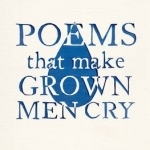
Poems That Make Grown Men Cry: 100 Men on the Words That Move Them
Book
In this fascinating anthology, one hundred men - distinguished in literature and film, science and...
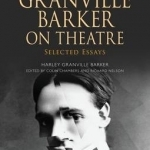
Granville Barker on Theatre: Selected Essays of Harley Granville Barker
Book
Granville Barker on Theatre brings together some of the most important critical theatrical writings...
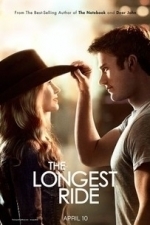
The Longest Ride (2015)
Movie
Ira Levinson is in trouble. At ninety-one years old, in poor health and alone in the world, he...
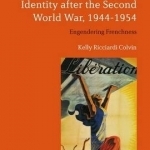
Gender and French Identity After the Second World War, 1944-1954: Engendering Frenchness
Book
The enfranchisement of women in Charles de Gaulle's France in 1944 is considered a potent element in...
Votes for Women! The American Woman Suffrage Movement and the Nineteenth Amendment: A Reference Guide
Book
This book supplies a contextual narrative of the 70-year-long history of the woman suffrage movement...
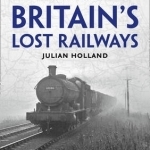
Exploring Britain's Lost Railways: A Nostalgic Journey Along 50 Long-Lost Railway Lines
Book
Exploring Britain's Lost Railways gives the historical background to over 50 lost railway lines,...
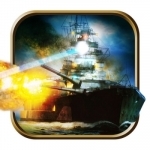
World Of Navy Ships
Games and Entertainment
App
Go back in time to the 20th century, and be prepared to take on your enemies on the high seas, by...
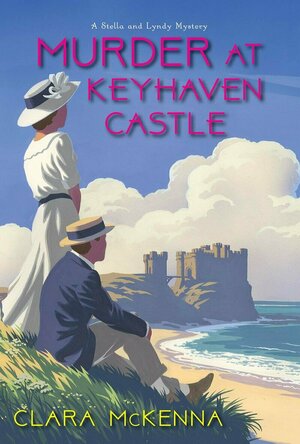
Murder at Keyhaven Castle
Book
With her wedding to Viscount “Lyndy” Lyndhurst just days away, strong-willed American ex-pat...

The Wretched of the Earth
Jean-Paul Sartre, Frantz Fanon and Constance Farrington
Book
Frantz Fanon's seminal work on the trauma of colonization, The Wretched of the Earth made him the...

The Wines of Northern Spain: From Galicia to the Pyrenees and Rioja to the Basque Country
Book
There's no doubt about it, Spain is the most exciting country in Europe when it comes to wine. As...
